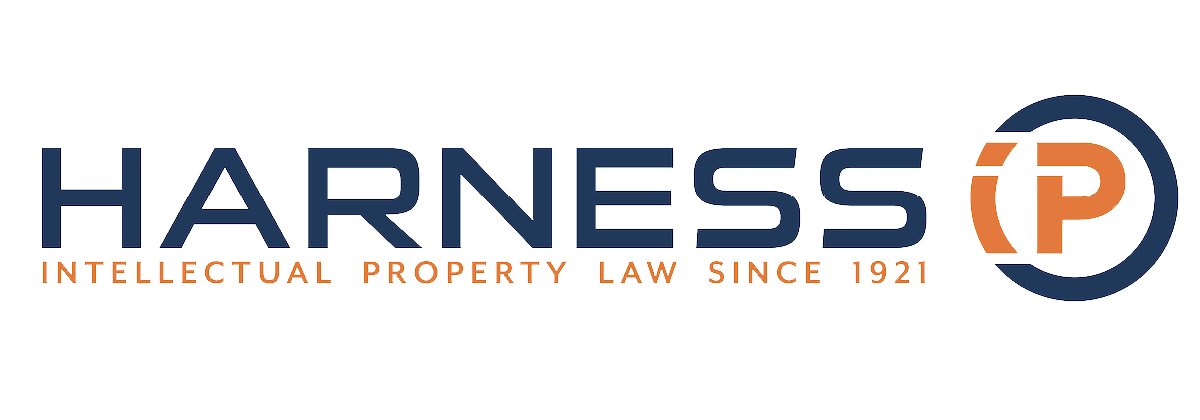
Event Session
Intellectual Property and the Supreme Court *
September 17, 2023 @ 5:30 PM EST – CIRRUS Ballroom
5:30 PM ET
September 17, 2023
Intellectual Property and the Supreme Court *
 It has been a busy year for intellectual property at the United States Supreme Court, both with respect to cases decided and certiorari petitions denied.
It has been a busy year for intellectual property at the United States Supreme Court, both with respect to cases decided and certiorari petitions denied.
On May 18, the United States Supreme Court issued its decision in Amgen, Inc. v. Sanofi et al. The Court held, as many feared they would, that the 26 antibody examples and detailed instructions for generating additional antibodies within the genus—which covered some 400 pages and included a CD Rom of the x-ray crystallography coordinates of Amgen’s “anchor” (or lead) antibodies 21B12 (Repatha) and 31H4—was insufficient to satisfy the enablement requirement. Also on May 18, the Supreme Court ruled in Andy Warhol Foundation v. Goldsmith, Lynn, et. al. that the U.S. Court of Appeals for the Second Circuit was correct in holding that the Andy Warhol Foundation’s (AWF’s) licensing of an orange silkscreen portrait of the musician Prince, created by Andy Warhol using photographer Lynn Goldsmith’s photo, was not fair.
On May 15, the U.S. Supreme Court issued an order list denying petitions for writ of certiorari filed to appeal several patent rulings, including a pair of 35 U.S.C. § 101 subject matter eligibility cases that the U.S. Solicitor General previously urged the nation’s highest court to hear. Although, more recently, the Supreme Court requested Natera respond to a petition for writ of certiorari filed by CareDX, in which an amicus brief was filed by Chief Judge Paul Michel and Professor John Duffy arguing for clarification of patent eligibility. Natera filed its response on August 9.
Meanwhile, the Supreme Court decided Jack Daniel’s v. VIP Products, relating to whether the First Amendment protects VIP Products, LLC, a maker of dog poop-themed toys that made humorous use of Jack Daniel’s trademarks for commercial purposes, constituted infringement and dilution. The Court held that the Rogers test, used to “protect First Amendment interests in the trademark context,” is not relevant “when an alleged infringer uses a trademark as a designation of source for the infringer’s own goods.”
This panel will take a look back at the 2022-23 Supreme Court term, and will look ahead to what the Supreme Court will hear during the 2023-24 term. The panel will also discuss Supreme Court trends over the last several years and where the Court is likely to head on IP issues.
Materials
Amicus Brief of Judge Paul Michel in Caredx v. Natera
Presenting the Evidence for Patent Eligibility Reform
SCOTUS Ushers in New Era of Enablement Law in Amgen Ruling
Dissent Says SCOTUS Ruling Against Warhol Foundation on Fair Use Will ‘Stifle Creativity’
It has been a busy year for intellectual property at the United States Supreme Court, both with respect to cases decided and certiorari petitions denied. On May 18, the United States Supreme Court issued its decision in Amgen, Inc. v. Sanofi et al. The Court held, as many feared they would, that the 26 antibody examples and detailed instructions for generating additional…









